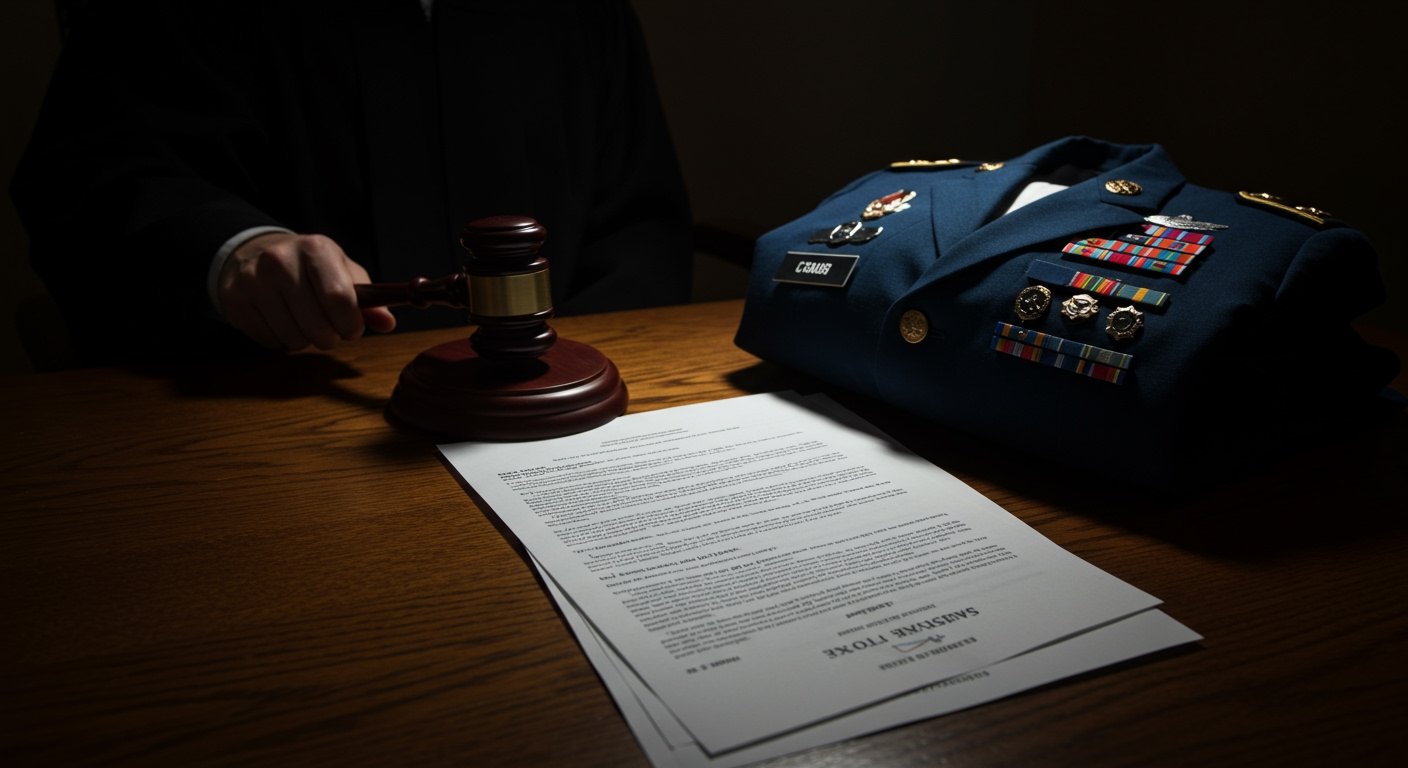Washington D.C. – The United States has officially resumed interview appointments for F, M, and J student visas, coupling the procedural return with a significant new requirement: applicants must now make their social media profiles publicly accessible for review. This measure, detailed in a US State Department media note and a cable released on Wednesday, June 24, 2025, is presented as a crucial enhancement to national security protocols governing the entry of foreign students.
The new condition mandates that all student visa applicants consent to consular officers reviewing their publicly available online content. This digital screening is designed to identify potential security risks before a visa is issued. The directive explicitly instructs consular staff to scrutinize profiles for specific indicators deemed detrimental to U.S. interests.
Details of the New Screening Mandate
According to the State Department guidance, consular officers are directed to screen for online content indicating “hostile attitudes toward our citizens, culture, government, institutions, or founding principles; who advocate for, aid, or support designated foreign terrorists and other threats to US national security; or who perpetrate unlawful antisemitic harassment or violence.” This detailed list outlines the scope of the digital footprint review, which includes examining public posts and utilizing searchable databases to gather information.
The measure applies universally to all applicants for F (academic), M (vocational), and J (exchange program) visas. This includes students from various nations, such as the Cayman Islands, which had 439 students enrolled in US educational institutions as of 2024, reflecting the global reach of this new policy.
Rationale and Implementation
The State Department frames this increased scrutiny as essential to national security. The released cable underscores this perspective with the statement, “Every visa adjudication is a national security decision.” This emphasizes the U.S. government’s view that the visa process is a critical line of defense.
In addition to the general screening requirements, the cable provides specific instructions for consular officers. Officers are advised to prioritize expedited processing for student applicants attending institutions where international students comprise less than 15% of the total student population. This suggests an effort to manage potential processing backlogs while potentially encouraging international student enrollment at a broader range of U.S. universities and colleges.
Industry Concerns and Previous Delays
The rollout of these new guidelines was preceded by a temporary suspension on May 27, which paused the expansion of interview slots while the digital screening protocols were finalized. This temporary halt, though brief, contributed to concerns within the U.S. higher education sector regarding potential delays in student arrivals.
A coalition of educational organizations, led by the American Council on Education, voiced significant apprehension in a letter dated May 30. Addressed to Secretary of State Marco Rubio, the letter highlighted the potential adverse consequences of processing delays stemming from the new procedures. The coalition warned that such delays could prevent international students from arriving in time to begin their coursework for the 2025 academic year. Furthermore, they raised the specter of increased visa denials or revocations based on the new screening criteria, potentially impacting the flow of international talent and tuition revenue critical to many U.S. institutions.
Looking Ahead
The resumption of interviews combined with the strict new social media review policy marks a notable shift in the U.S. approach to student visa processing. While the government asserts the necessity of these measures for national security, educational bodies continue to monitor the implementation closely, advocating for a balance that ensures security without creating undue barriers for legitimate students seeking to pursue their education in the United States.
The effectiveness of the public social media screening in enhancing security and its potential impact on the volume and diversity of the international student population will be key areas of observation as the policy is implemented in the coming months leading up to the 2025 academic year.











